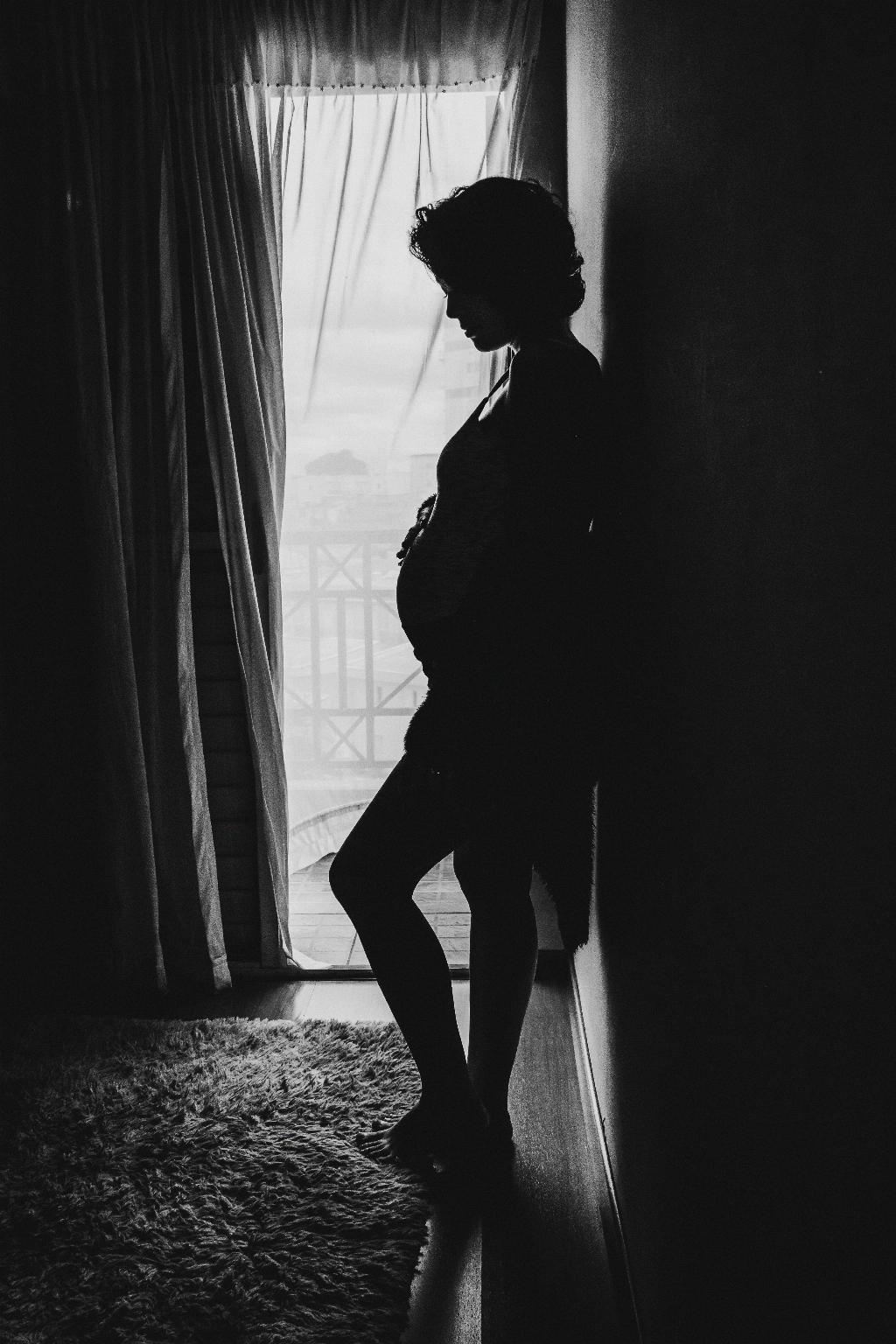Low back pain during pregnancy is a common issue that many expecting mothers face. The changes that occur in the body during pregnancy can often lead to discomfort and pain in the lower back region. While the exact causes of this pain can vary from woman to woman, there are several factors that are commonly associated with the development of low back pain during pregnancy.
Mechanical Factors
One of the primary reasons for low back pain in pregnancy is the mechanical changes that occur in the body due to weight gain. As the baby grows and the uterus expands, the woman’s center of gravity shifts forward, leading to increased stress on the lower back muscles and spine.
Postural Changes
Postural changes are another significant factor that contributes to low back pain during pregnancy. As the abdomen grows larger, the curvature of the spine can increase, causing strain on the muscles and ligaments that support the lower back.
Hormonal Changes
During pregnancy, the body produces a hormone called relaxin, which helps to relax the ligaments in the pelvis to prepare for childbirth. However, this hormone can also affect other ligaments in the body, including those in the lower back, leading to instability and potential pain.
Increased Stress on Muscles
The increased weight and pressure on the muscles in the lower back can also lead to muscle strain and tension, which can contribute to the development of low back pain during pregnancy. As the body works to support the growing baby, the muscles in the lower back can become overworked and fatigued.
Previous History of Back Pain
Women who have a history of back pain prior to pregnancy may be more prone to experiencing low back pain during pregnancy. Pre-existing conditions or injuries can be exacerbated by the changes that occur in the body during pregnancy, leading to increased discomfort and pain.
Emotional Stress
Emotional stress and anxiety can also play a role in the development of low back pain during pregnancy. The hormonal changes and physical demands of pregnancy can be overwhelming for some women, leading to muscle tension and increased pain in the lower back.
Improper Lifting Techniques
Improper lifting techniques or poor posture can also contribute to low back pain during pregnancy. As the body undergoes changes, it is essential to practice proper body mechanics to avoid putting unnecessary strain on the lower back muscles.
Overuse of Certain Muscles
During pregnancy, certain muscles may become overused due to the changes in posture and weight distribution. This overuse can lead to muscle imbalances and increased tension in the lower back, resulting in pain and discomfort.
Insufficient Physical Activity
Insufficient physical activity or a sedentary lifestyle during pregnancy can also contribute to low back pain. Regular exercise and movement can help strengthen the muscles in the lower back and improve flexibility, reducing the risk of developing pain.
Medical Conditions
Some women may have underlying medical conditions, such as sciatica or herniated discs, which can contribute to low back pain during pregnancy. It is essential to consult with a healthcare provider if the pain is severe or persistent to rule out any serious medical issues.
Self-Care Tips
For most women, low back pain during pregnancy can be managed with self-care techniques such as gentle stretching, proper body mechanics, and the use of supportive pillows. It is crucial to listen to your body, rest when needed, and seek support from healthcare providers or physical therapists if the pain persists.
Conclusion
Overall, low back pain during pregnancy is a common issue that can be attributed to various factors, including mechanical changes, hormonal fluctuations, and emotional stress. By understanding the causes of low back pain and implementing appropriate self-care strategies, women can effectively manage their discomfort and enjoy a more comfortable pregnancy experience.

